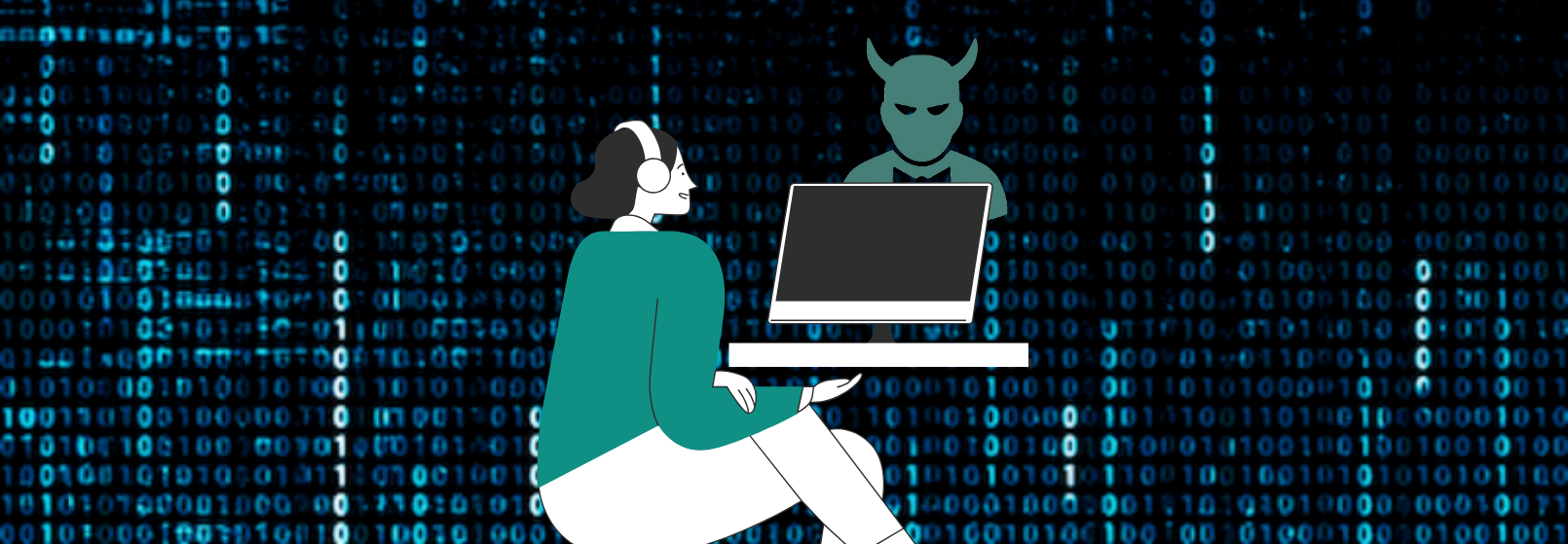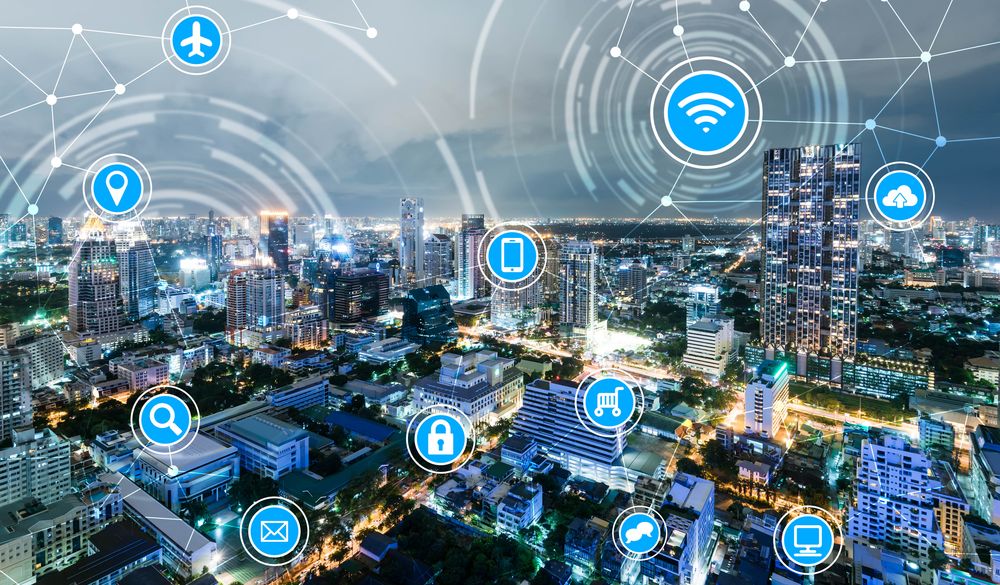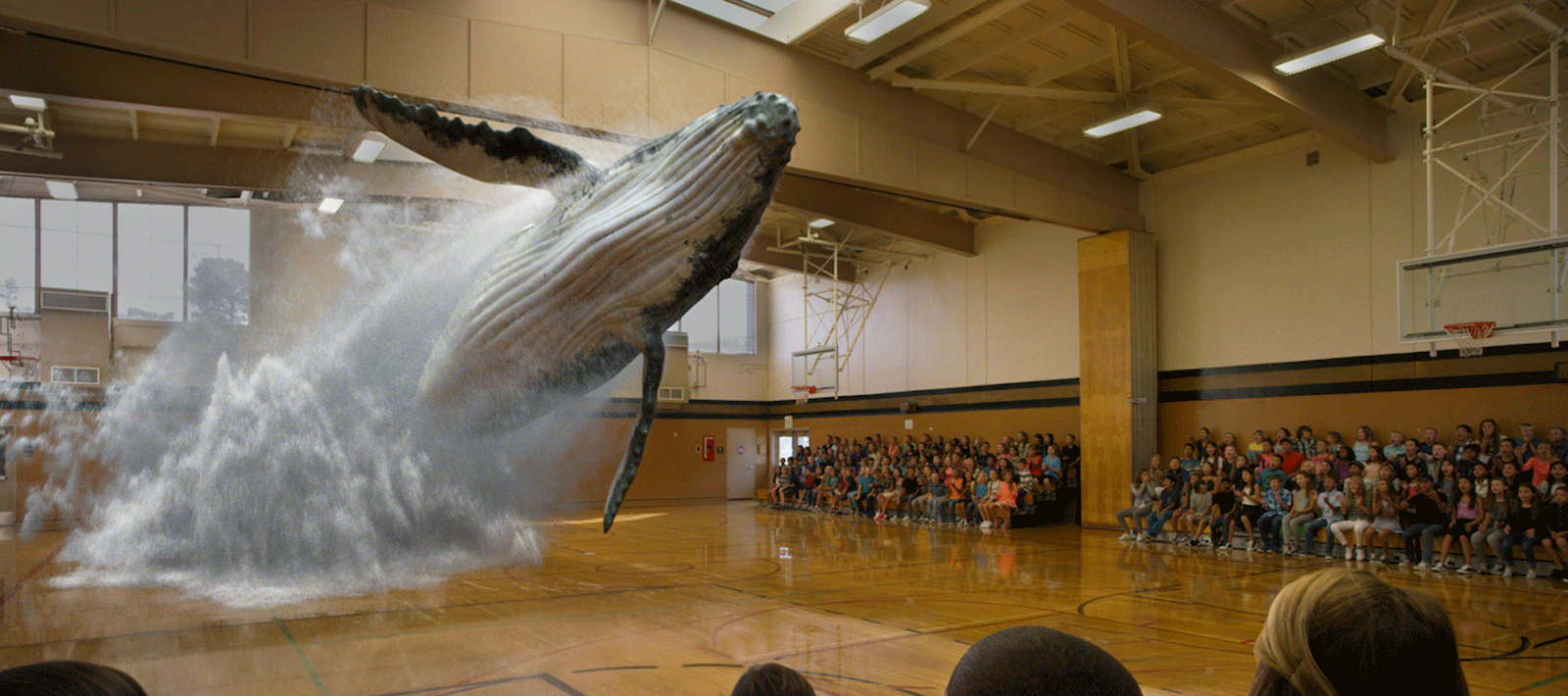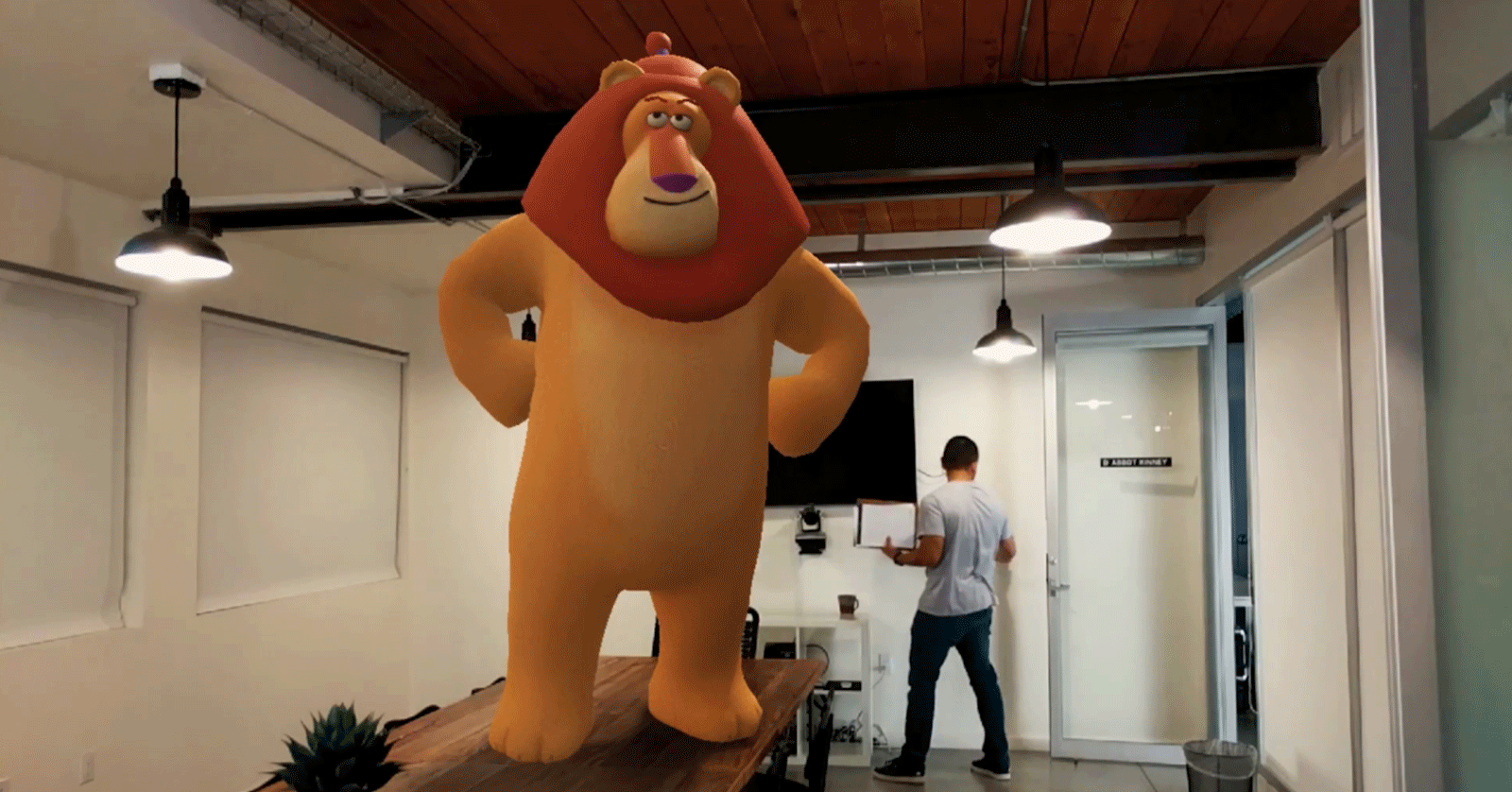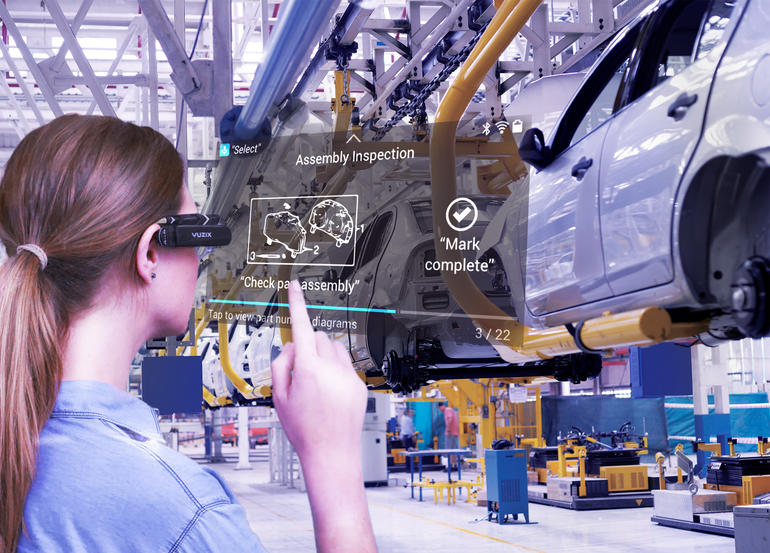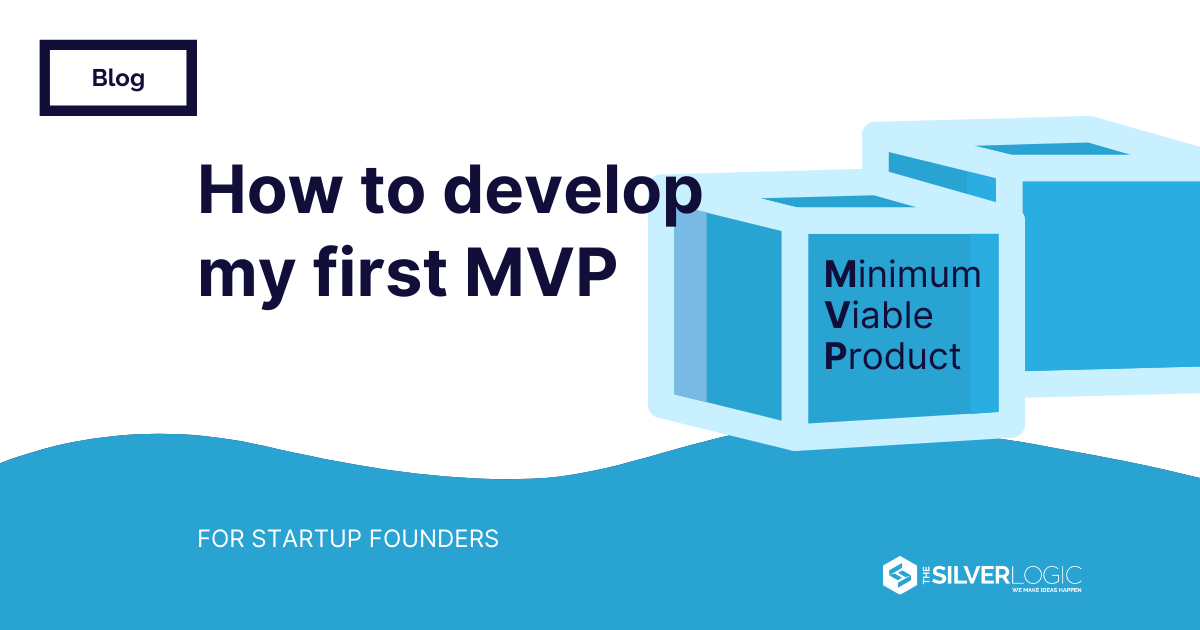Recent Posts
In the past decade, we have seen an explosion of non-traditional devices connecting to the internet, but with all the benefits of smarter and more responsive devices. The sheer size of the ever-expanding Internet of Things (IoT) poses an unprecedented security challenge for businesses and consumers alike.
In the past decade, we have seen an explosion of non-traditional devices connecting to the internet, but with all the benefits of smarter and more responsive devices. The sheer size of the ever-expanding Internet of Things (IoT) poses an unprecedented security challenge for businesses and consumers alike.
The Internet of Things (IoT) is huge, but just how huge seems to still be up for debate. From smart temperature and pressure sensors that alert plant managers long before a piece of equipment fails to supply chain management tools that have dramatically reduced inventory loss, businesses in virtually every major economic sector have embraced the Internet of Things (IoT) solutions to core business problems. As of right now, there are anywhere from 12 to 21 billion devices connected to the IoT (the exact figure depends mostly on which ‘Things’ get included in the data), and it now seems that could see 30 billion Things connected by 2020.
The Internet of Things (IoT) is huge, but just how huge seems to still be up for debate. From smart temperature and pressure sensors that alert plant managers long before a piece of equipment fails to supply chain management tools that have dramatically reduced inventory loss, businesses in virtually every major economic sector have embraced the Internet of Things (IoT) solutions to core business problems. As of right now, there are anywhere from 12 to 21 billion devices connected to the IoT (the exact figure depends mostly on which ‘Things’ get included in the data), and it now seems that could see 30 billion Things connected by 2020.
“To many, technology seems unapproachable. But through art, technology becomes more human and even an artistic medium in its own right.”
-Heather Day, abstract expressionist and Facebook Artist-in-Residence
“To many, technology seems unapproachable. But through art, technology becomes more human and even an artistic medium in its own right.”
-Heather Day, abstract expressionist and Facebook Artist-in-Residence
So far on our blog, we’ve spent a lot of time on what’s broadly called ‘Practical AR.’ We’ve looked at use cases in which AR solves everyday problems like what furniture to buy or what artwork would look good in your living room, and we’ve highlighted how ARKit and ARCore are helping developers make dynamic AR experiences on the phones everyone already has. Augmented Reality Apps.
So far on our blog, we’ve spent a lot of time on what’s broadly called ‘Practical AR.’ We’ve looked at use cases in which AR solves everyday problems like what furniture to buy or what artwork would look good in your living room, and we’ve highlighted how ARKit and ARCore are helping developers make dynamic AR experiences on the phones everyone already has. Augmented Reality Apps.
In our Business Applications of Augmented Reality (AR) whitepaper, we wrote about the roadblocks to getting consumers to get excited about augmented reality wearables:
In our Business Applications of Augmented Reality (AR) whitepaper, we wrote about the roadblocks to getting consumers to get excited about augmented reality wearables:
ARCore, Google’s augmented reality SDK for Android, has largely taken a backseat to Apple’s ARKit SDK in the press. With the usual talk of a tech war popping up within days of Google’s ARCore launch announcement, it’s understandable that the two development environments are often talked about as if they are fundamentally different products engaged in a kind of augmented reality arms race.
ARCore, Google’s augmented reality SDK for Android, has largely taken a backseat to Apple’s ARKit SDK in the press. With the usual talk of a tech war popping up within days of Google’s ARCore launch announcement, it’s understandable that the two development environments are often talked about as if they are fundamentally different products engaged in a kind of augmented reality arms race.
Since the past year, ARKit has been changing the way iOS users see and interact with the world, though many users don’t even know it. So what is ARKit, and why do we think it’s so important for Making Ideas Happen on mobile?
Since the past year, ARKit has been changing the way iOS users see and interact with the world, though many users don’t even know it. So what is ARKit, and why do we think it’s so important for Making Ideas Happen on mobile?
In the last six months, the releases of Apple’s ARKit and Google’s ARCore have led to a wave of new augmented reality apps for mobile, from the very silly to the extremely practical. One potentially game-changing use for Augmented Reality (AR) that’s just beginning to emerge is in digital storytelling, where augmented reality-enhanced stories from top media outlets have been generating a huge amount of buzz in the new year. Here are three examples to try for yourself:
In the last six months, the releases of Apple’s ARKit and Google’s ARCore have led to a wave of new augmented reality apps for mobile, from the very silly to the extremely practical. One potentially game-changing use for Augmented Reality (AR) that’s just beginning to emerge is in digital storytelling, where augmented reality-enhanced stories from top media outlets have been generating a huge amount of buzz in the new year. Here are three examples to try for yourself:
I'm excited about Augmented Reality because unlike Virtual Reality, which closes the world out, AR allows individuals to be present in the world but hopefully allows an improvement on what's happening presently.
I'm excited about Augmented Reality because unlike Virtual Reality, which closes the world out, AR allows individuals to be present in the world but hopefully allows an improvement on what's happening presently.
We’ve asked a lot out of you so far on this IDEA process, so it’s time we finally get to the fun part! Now we get to put together all of the hard work you’ve done during the Inquire, Define, and Eliminate phase. Now aspire to greatness for your finished product.
We’ve asked a lot out of you so far on this IDEA process, so it’s time we finally get to the fun part! Now we get to put together all of the hard work you’ve done during the Inquire, Define, and Eliminate phase. Now aspire to greatness for your finished product.
The M.V.P. is the Minimum Viable Product, and this is the first stage of your application. It is the most basic feature needed to allow your user to move from the beginning to the end of your user flow. Once we have this basic product, then we will introduce the more intricate features later.
The M.V.P. is the Minimum Viable Product, and this is the first stage of your application. It is the most basic feature needed to allow your user to move from the beginning to the end of your user flow. Once we have this basic product, then we will introduce the more intricate features later.
The Inquiry phase of our IDEA development process is all about asking pertinent questions to help you explore your idea, its potential features, and your budget. This phase is necessary to begin the development process for an M.V.P. and is meant to spark your imagination, letting the possibilities of your idea explode forward!
The Inquiry phase of our IDEA development process is all about asking pertinent questions to help you explore your idea, its potential features, and your budget. This phase is necessary to begin the development process for an M.V.P. and is meant to spark your imagination, letting the possibilities of your idea explode forward!

